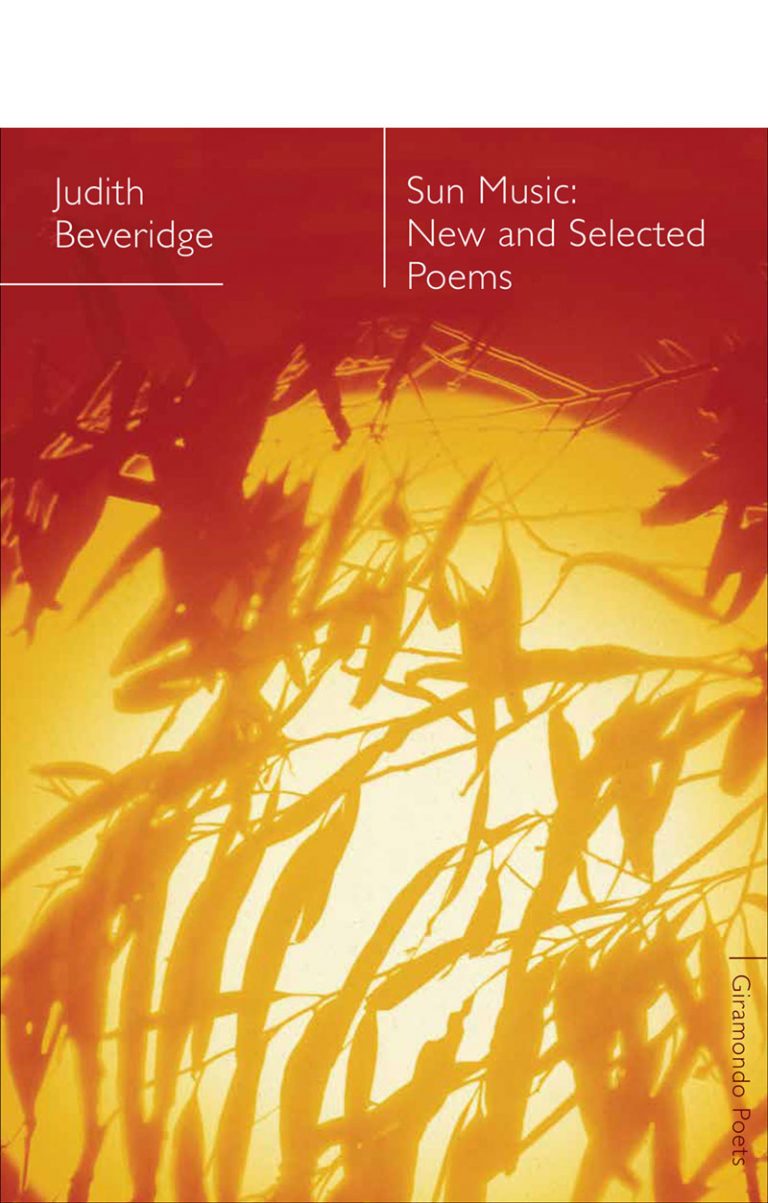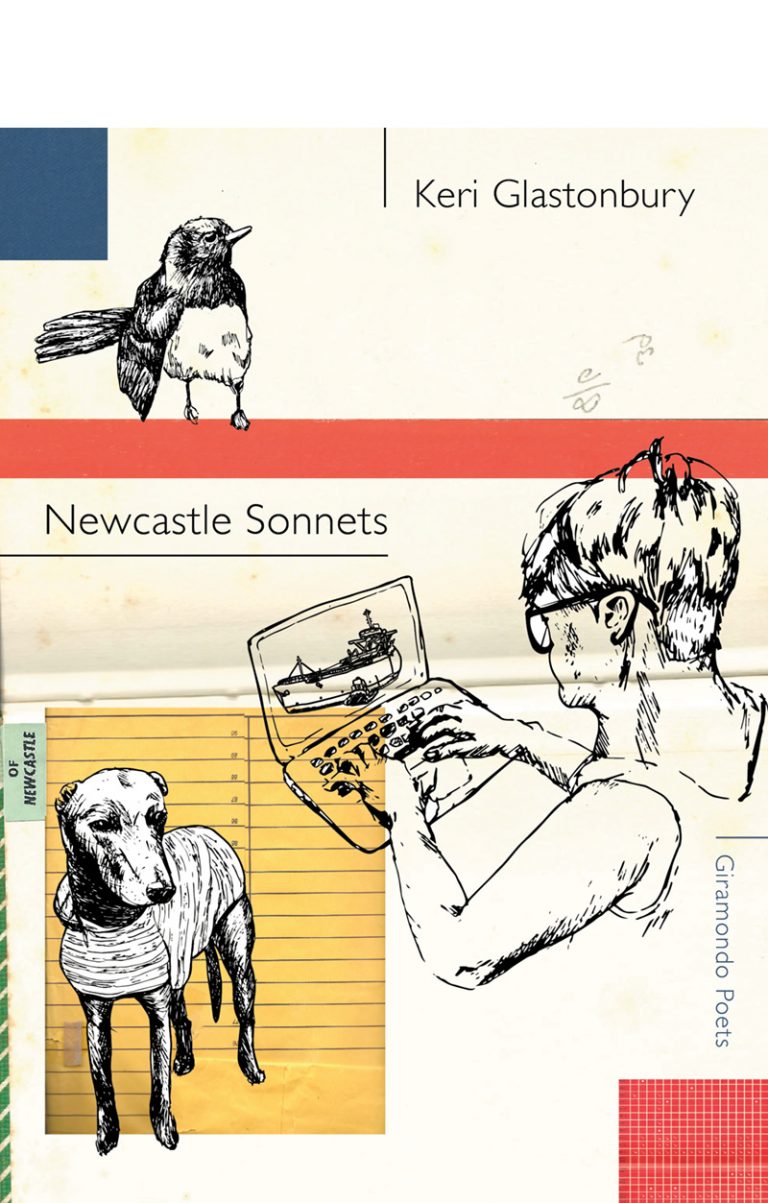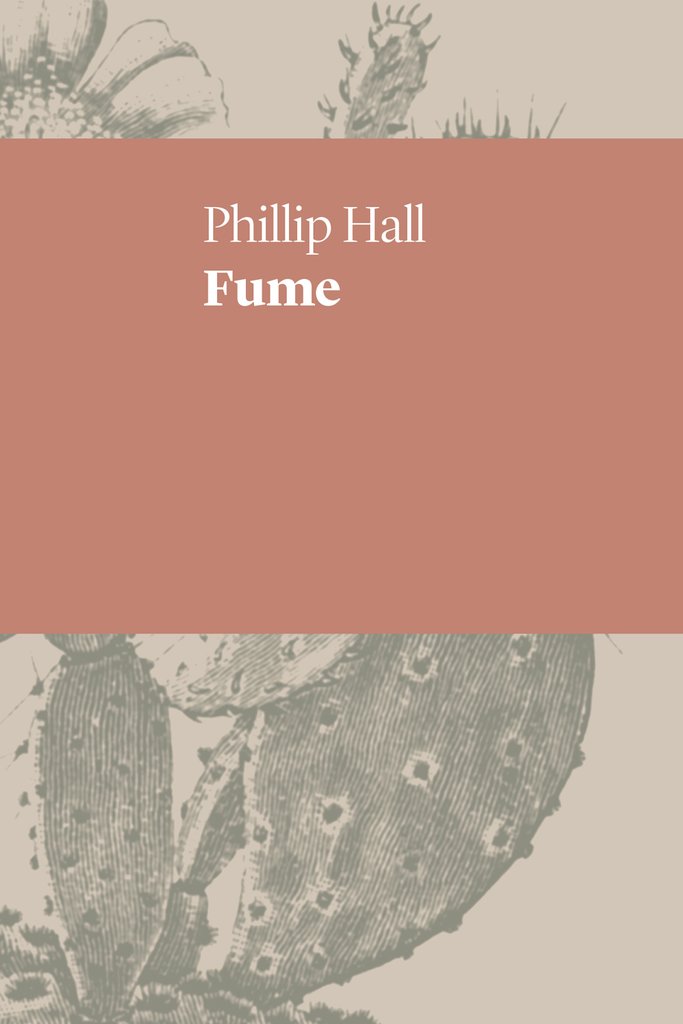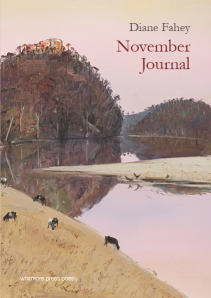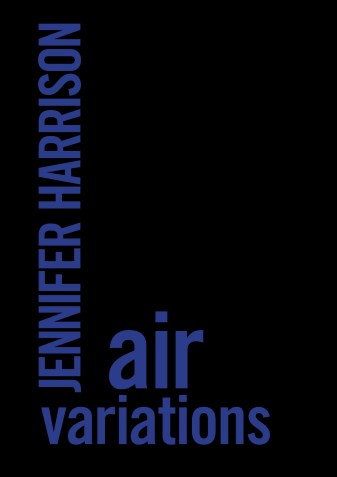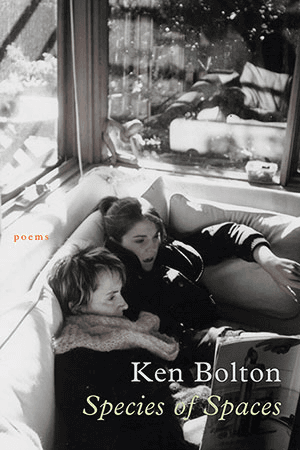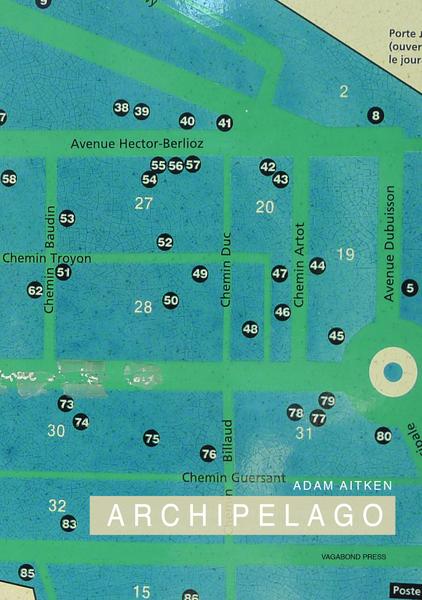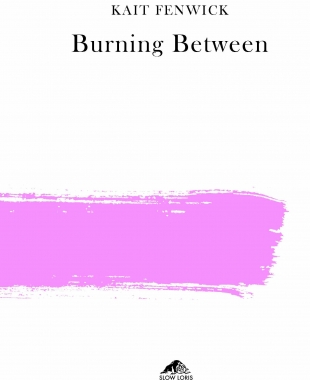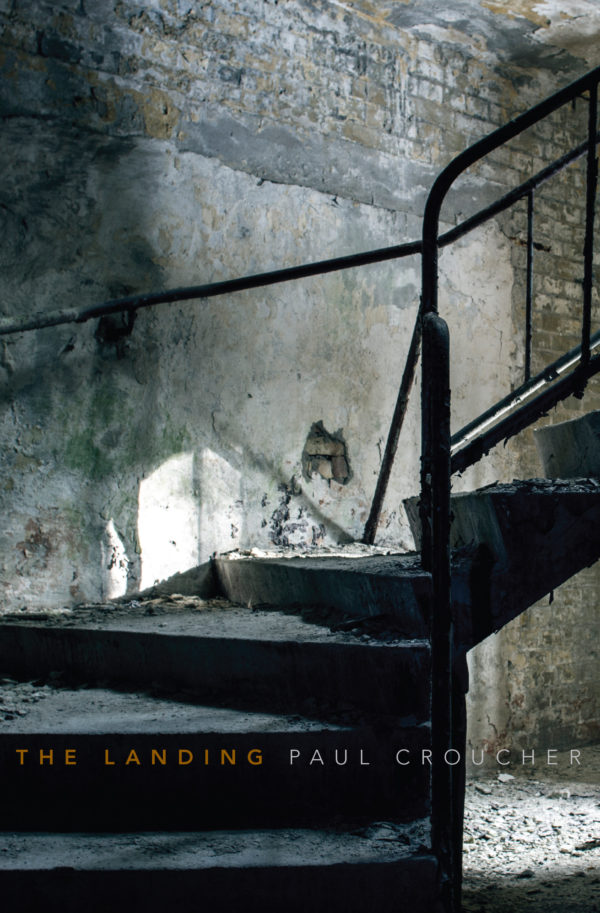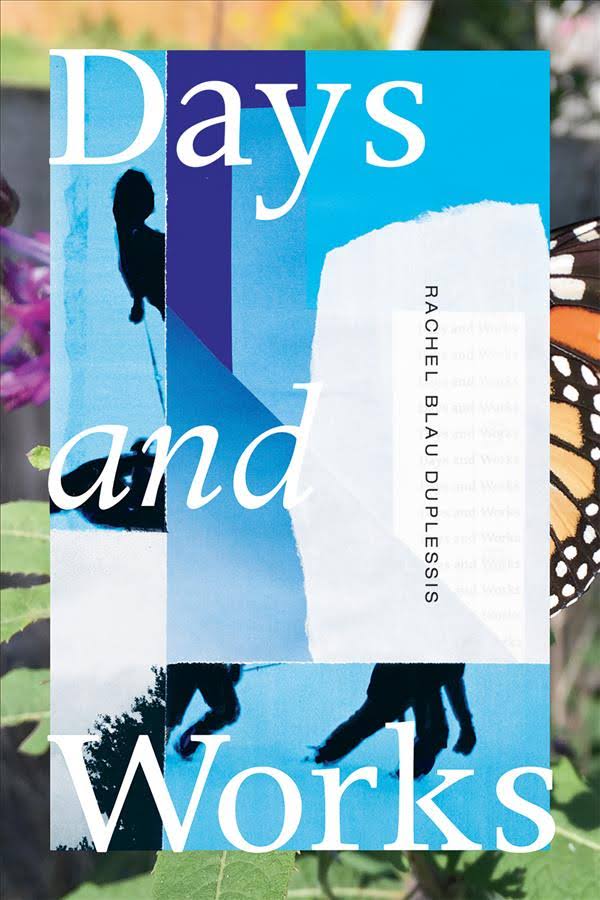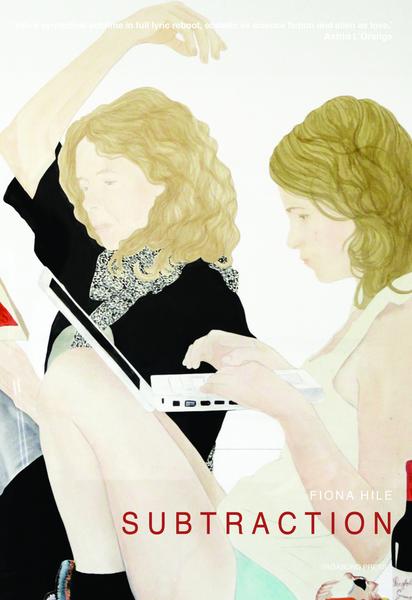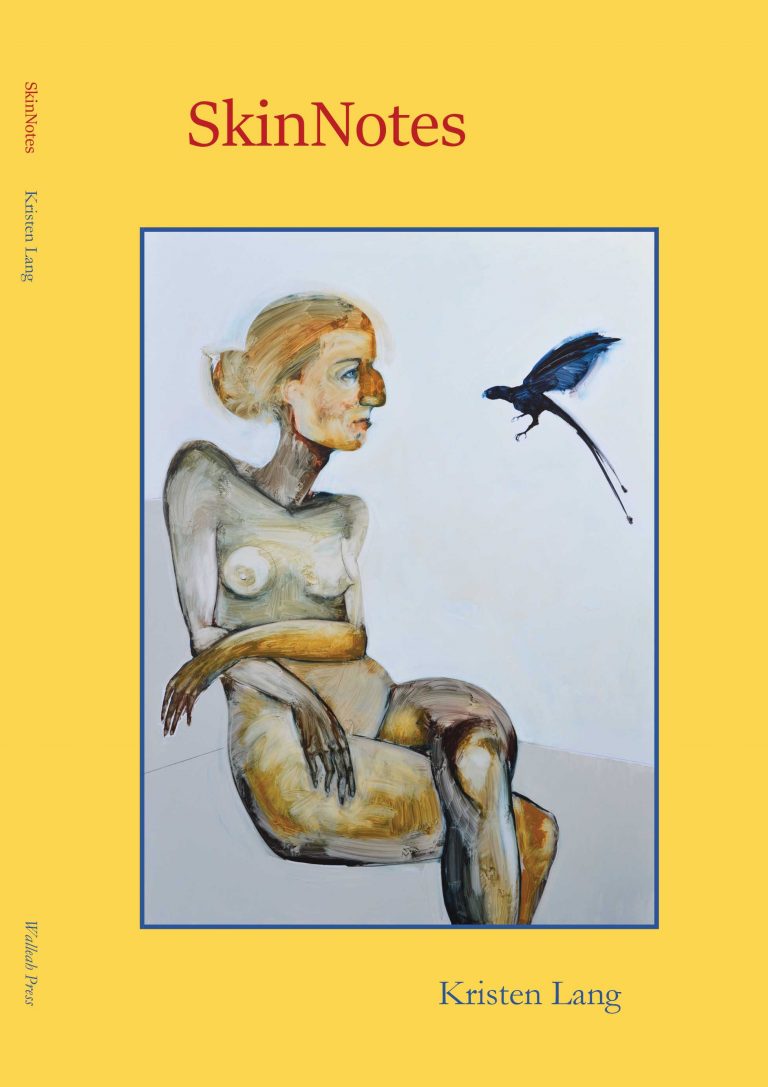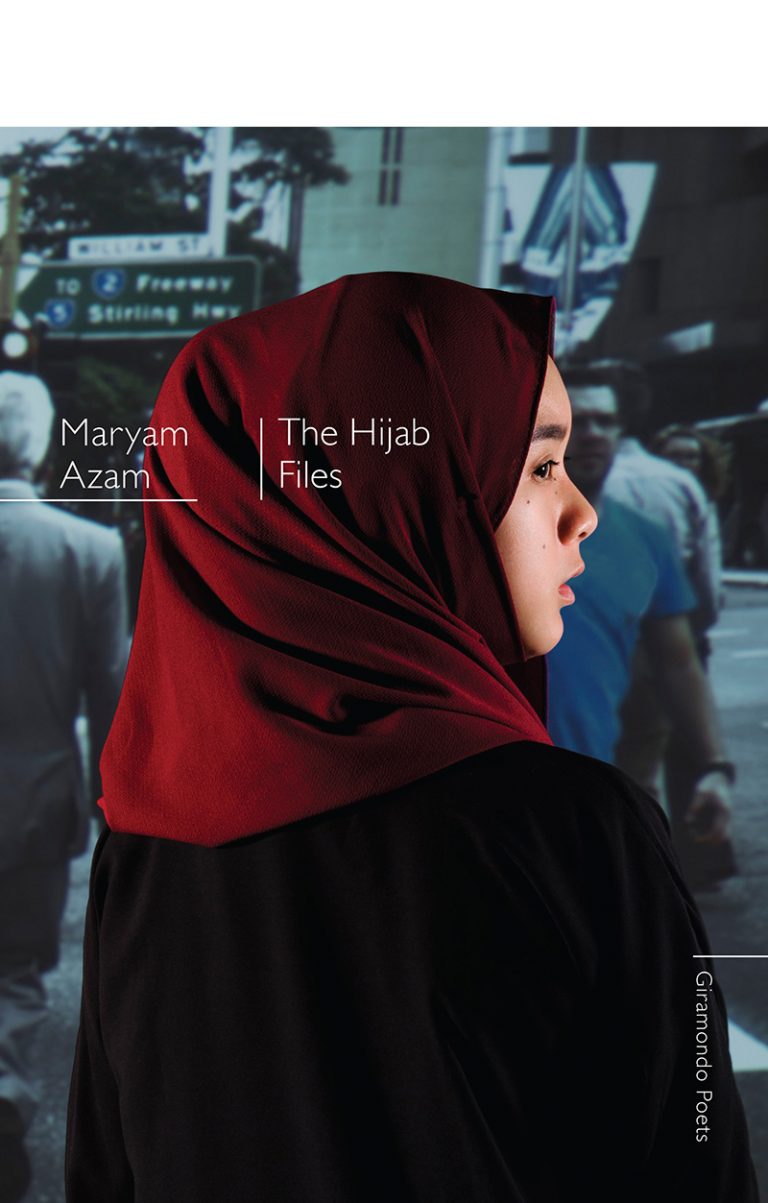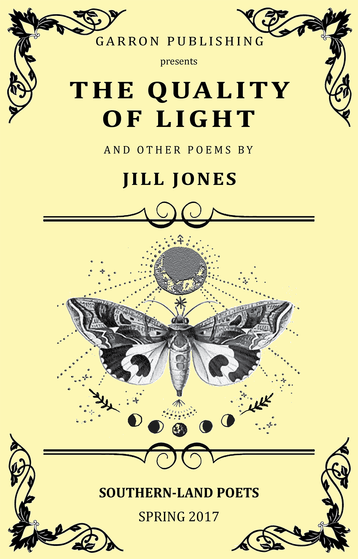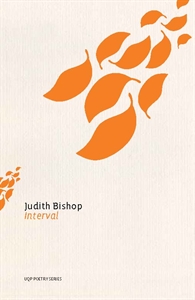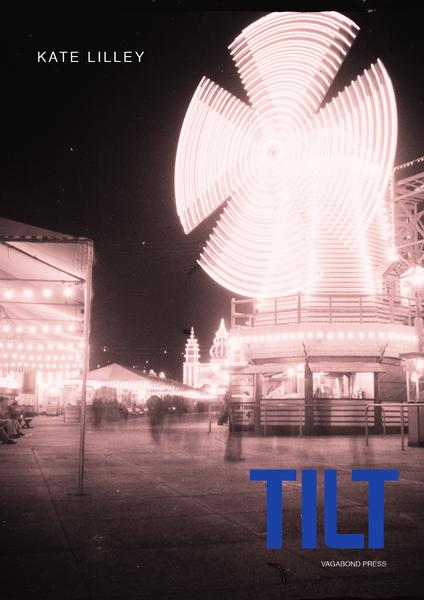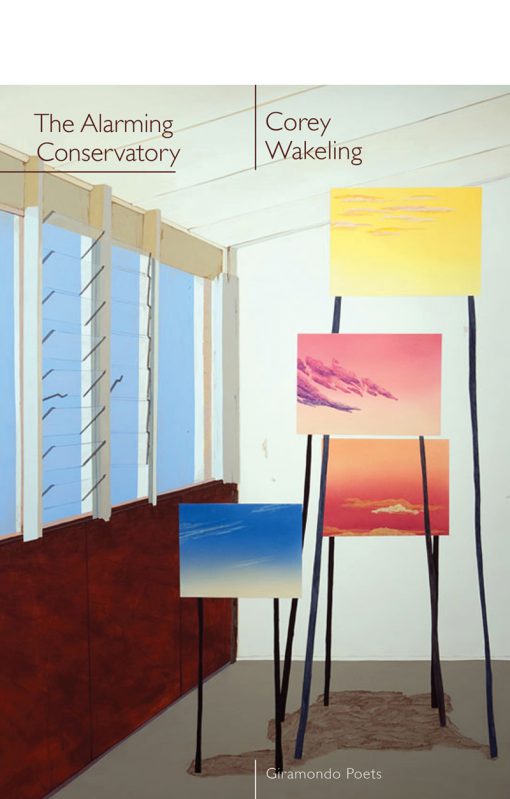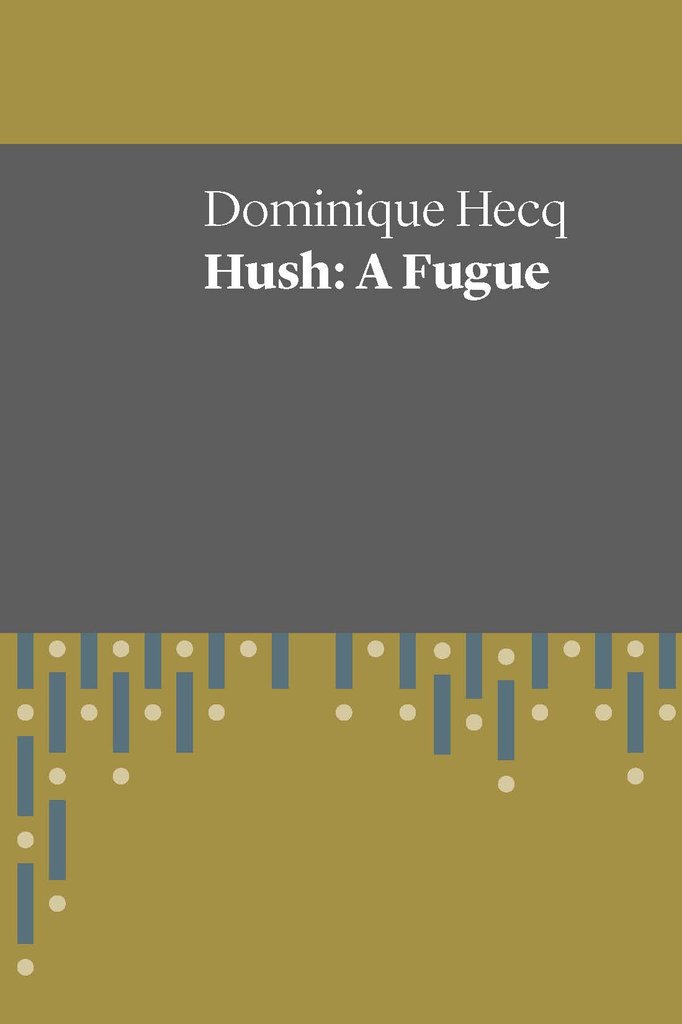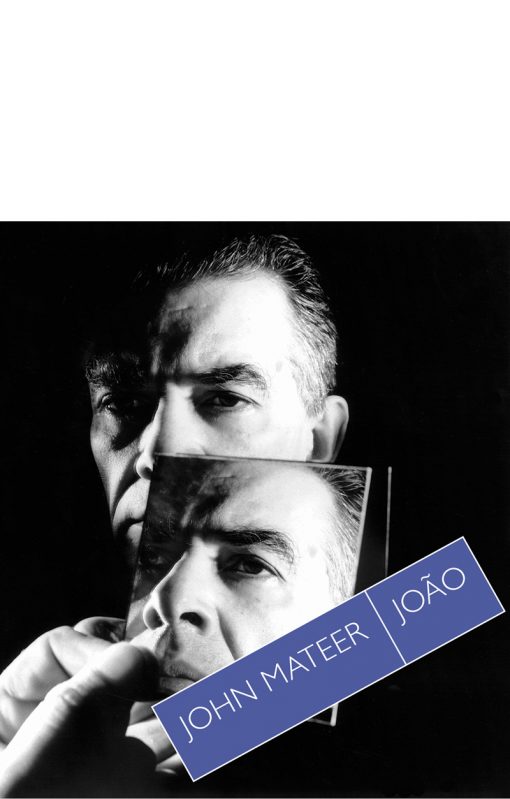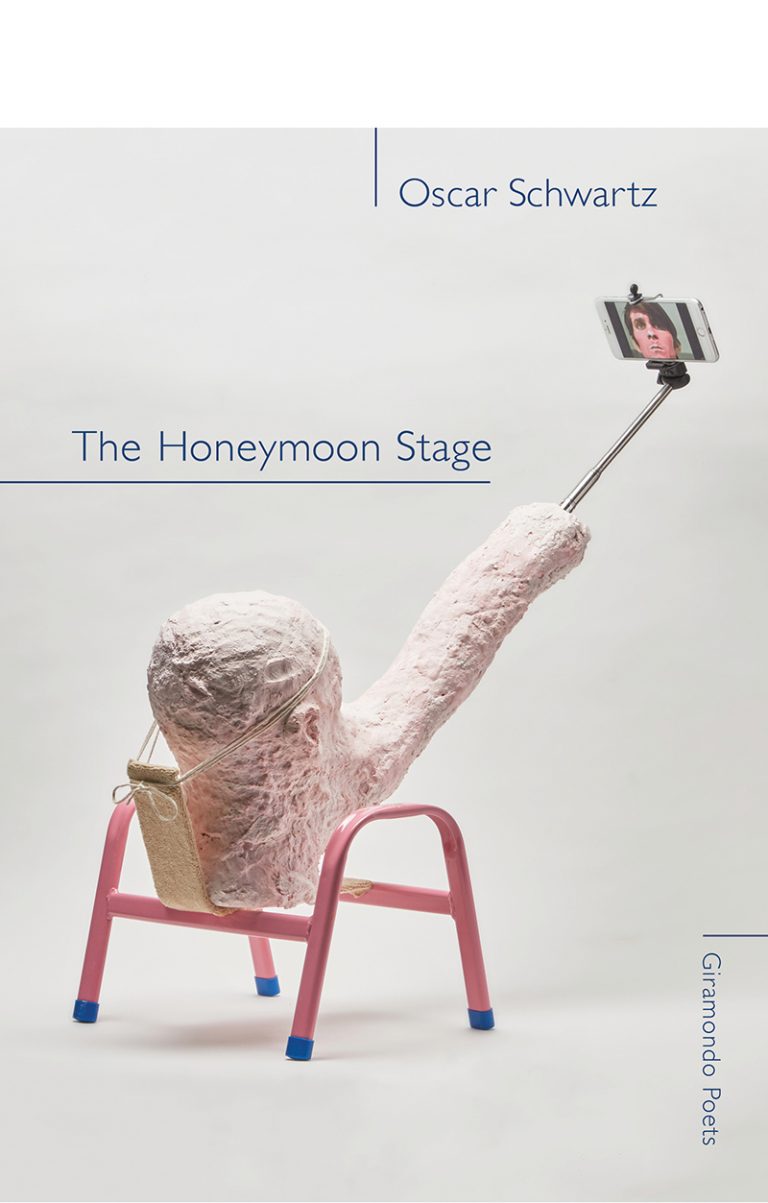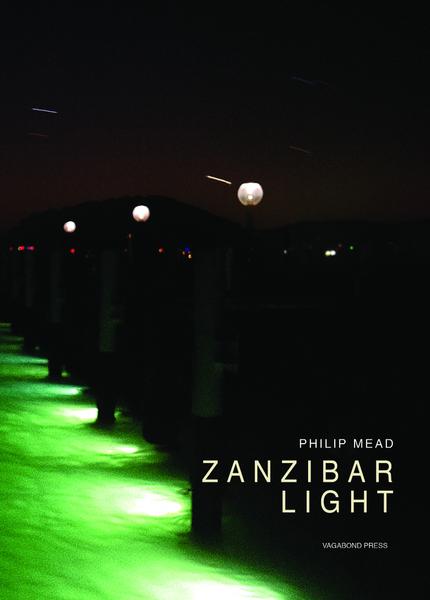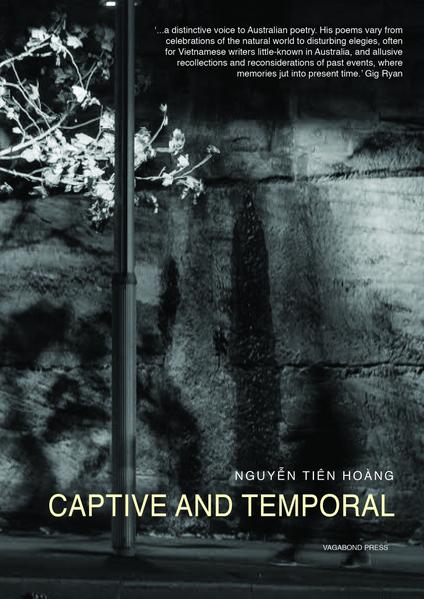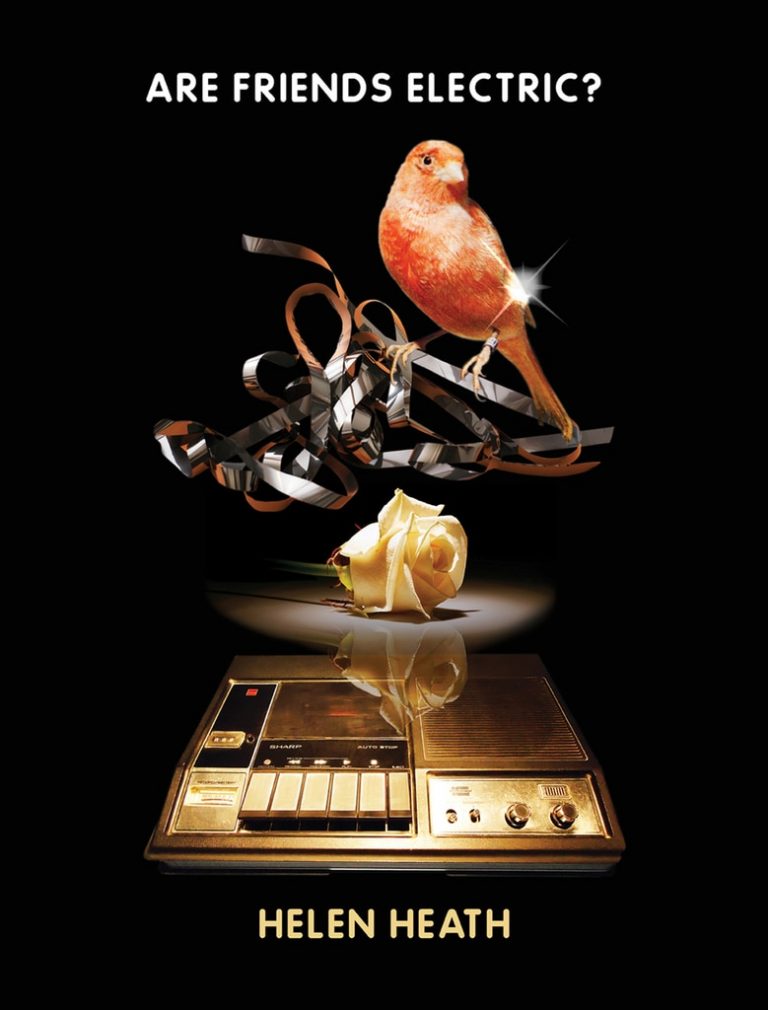BOOK REVIEWS
Review Short: Judith Beveridge’s Sun Music: New and Selected Poems
Judith Beveridge’s Sun Music: New and Selected Poems begins with the eponymous poem of her debut collection, The Domesticity of Giraffes (1987), concerning a giraffe in a zoo.
Melody Paloma Reviews Keri Glastonbury
What is it about the sonnet? How is it that the infinite possibilities of those 14 lines can remain as persuasive and perplexing in 2018, in Newcastle, as they did in fourteenth century Italy?
Judith Bishop Reviews Phillip Hall’s Fume
Phillip Hall’s Fume is rare for the raw, fresh force and integrity of experience that lies behind the poems. Fume was largely written during a period of five years (2011 – 2015) that Hall and his wife Jillian spent in Borroloola in the Gulf of Carpentaria, where Hall worked as a sport and camp teacher in a role focused on activities for local Indigenous kids.
Review Short: Diane Fahey’s November Journal and Carmen Leigh Keates’s Meteorites
The most recent work by Diane Fahey, November Journal, and Carmen Leigh Keates’ first collection, Meteorites, represent two offerings of quiet intensity controlled and mediated by distinct voices and their respective energies.
Review Short: Vahni Capildeo’s Seas and Trees and Jennifer Harrison’s Air Variations
Numbers 8 and 10 in the IPSI (International Poetry Studies Institute) limited-edition chapbook series, Vahni Capildeo’s Sea and Trees and Jennifer Harrison’s Air Variations comprise crystalline, eidetic poems that attest to language’s capacity to renew and reinvigorate.
Review Short: Ken Bolton’s Species of Spaces
Ken Bolton’s thinking is never too relaxed, but moves restlessly and anxiously, across people, cultural references and disparate locations even as he writes, or so it appears. And the resultant poems also seem to be unfiltered by any desire on the poet’s part to be ‘poetic’.
David Gilbey Reviews Adam Aitken and Elizabeth Allen
In a judicious review of two ‘lucid and intelligent books’ on the job of the literary critic* and of a new edition of Eric Auerbach’s Mimesis, Edward Mendelsohn argued against the essential nostalgia of criticism in favour of a version of Kant’s ‘universal subjective’: finding ways to cross ‘the disputed border between popular and elite culture … without pretending it doesn’t exist’.
Pam Brown Reviews Kait Fenwick
In case you haven’t noticed, there’s a surge in material on gender and sexuality being produced by a profusion of switched-on contemporary thinkers. In Australia, Puncher & Wattmann published the anthology Out of the Box – Contemporary Gay & Lesbian Poets almost a decade ago.
Kishore Ryan Reviews Paul Croucher
While Paul Croucher has previously published A History of Buddhism in Australia 1848-1988, this is his first poetry collection. Embedded within the poet’s attention to nature is a Buddhist understanding of suffering as a necessary part of existence and at times his spiritual beliefs are expressed explicitly.
Owen Bullock Reviews Rachel Blau DuPlessis
The title of Rachel Blau DuPlessis’s new book is a reversal of Hesiod’s Works and Days, which introduced the character of Pandora to the world. At the front of the book, before even the title page, is the statement ‘We are living in late catapultism’.
Joan Fleming Reviews Fiona Hile and Luke Beesley
Two very recent books by two mid-career Melbourne poets offer distinct intellectual gymnasiums in which to lift and push and run and sweat. I may not have been able to master these books, but they knocked the breath out of me.
Winnie Siulolovao Dunn Reviews Tayi Tibble
Against the Whiteness of settler-colonial Aotearoa history, Tayi Tibble brings from margin to centre, her Indigenous experience as a Te Whānau ā Apanui / Ngāti Porou woman. Pokūahangatus is her debut poetry collection, which explores the violence of settler-colonialism against the imagery of pop culture, Māori activism and the strength and sensuality of Brown women.
Review Short: Kristen Lang’s SkinNotes
Kristen Lang’s SkinNotes articulates an intense poetry and poetics of the body through a holistic series of lifelines in which skin, bone and organs are not so much dissected as regarded, reassembled and given human or other animate agency.
Review Short: The Hijab Files by Maryam Azam
The third section of Maryam Azam’s The Hijab Files is called ‘The Piercing of this Place’. It captures moments of perforation of this world by jinn, prayer, memory, death, and other unnamed, unnameable, astounding things.
Review Short: Cary Hamlyn’s Ultrasound in B-Flat and Other Poems and Jill Jones’s The Quality of Light and Other Poems
Jones’s superb collection reinvigorates poetry as a quality of illumination amidst all kinds of opacity, sparking affective and rhythmic conversations between literature, politics, ecology and cosmology. Her poetry engages and enacts what T S Eliot called the ‘auditory imagination’, ‘the feeling for syllable and rhythm, penetrating far below the conscious levels of thought and f eeling’.
Review Short: Judith Bishop’s Interval
Interval is the fourth book for Judith Bishop and her first with University of Queensland Press. The book is divided into four sections. The first begins with an epigraph from the French philosopher Gaston Bachelard that ‘childhood is certainly greater than reality.’
Liam Ferney Reviews Kate Lilley and Pam Brown
In 1915, H G Wells published Boon, a satirical novel that featured long passages pastiching the literary style of his erstwhile friend, Henry James. It kicked off an epistolary barney over what art should be about.
Review Short: Corey Wakeling’s The Alarming Conservatory
The Sydney launch of Corey Wakeling’s second collection of poetry The Alarming Conservatory at Frontyard Projects in Marrickville upended the traditional build up of acts that most expect from a poetry launch, with poets reading in an order drawn from a hat.
Daniela Brozek Cordier Reviews Dominique Hecq
To some readers, like me, Dominique Hecq’s Hush: A Fugue may be daunting at first appearance. This starts with the cover, which has the sort of self-assured, intellectual air I find a little intimidating. A wary look inside reveals unstable text formatting – blocks of dense prose broken by verse, haiku, couplets, one-liners.
Christopher Brown Reviews John Mateer
Of the 62 sonnets that make up John Mateer’s João, 58 are given to ‘Twelve Years of Travel’ and only four to the second and final section, ‘Memories of Cape Town’. This weighting emphasises travel not so much as the mode of exception but as regular or even habituated experience, while suggesting only a marginal place for the ‘home’ of Mateer’s South African origins.
Review Short: Oscar Schwartz’s The Honeymoon Stage
Confession: I should not have read Michael Farrell’s launch speech for Oscar Schwartz’s The Honeymoon Stage before attempting this short review. I had a large attack of Bloom’s anxiety of influence, but I simply couldn’t help myself because I truly appreciate Farrell’s wit and (worldly) wisdom. And now the damage is done.
Review Short: Philip Mead’s Zanzibar Light
For experimental poet and jazz drummer Clark Coolidge, words are never impressions. They are sonic inscriptions, vectors, movable actualities. They alter by degrees in the company of others and in time. I started with Coolidge for many reasons; first among them, his stellar understanding of improvisation.
Carmine Frascarelli Reviews Nguyễn Tiên Hoàng
It’s with an almost exquisite eccentricity that Nguyễn Tiên Hoàng’s Captive and Temporal unfurls, immersing the reader in a discursive cartography over composite planes of memory, history, heritage, culture and dreams in surreal and interpenetrative riddles, dedications and elegies.
Review Short: Therese Lloyd’s The Facts and Helen Heath’s Are Friends Electric?
These lines have come from feeding the collection into an online text randomiser. What sounds and looks like decisions made by a person is the work of a consciousless algorithm capable of capturing a question that charges the whole book: What does it mean to be ‘you’?

